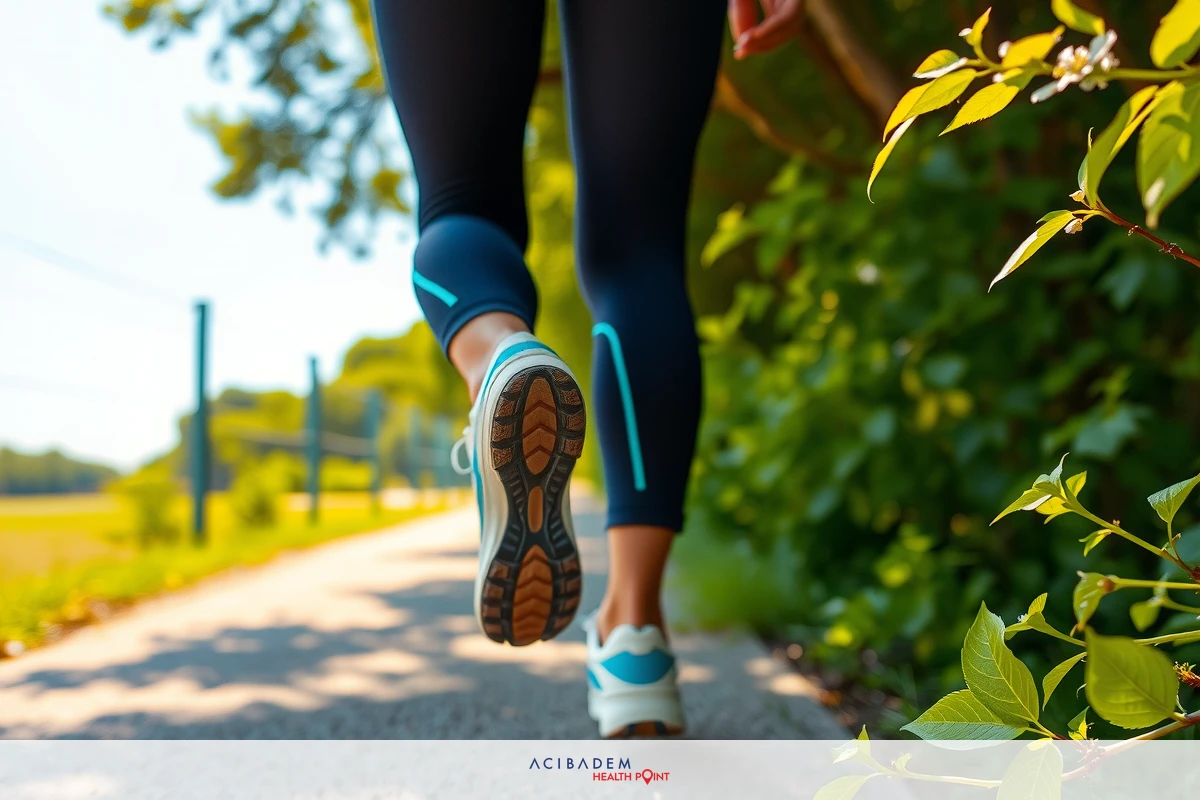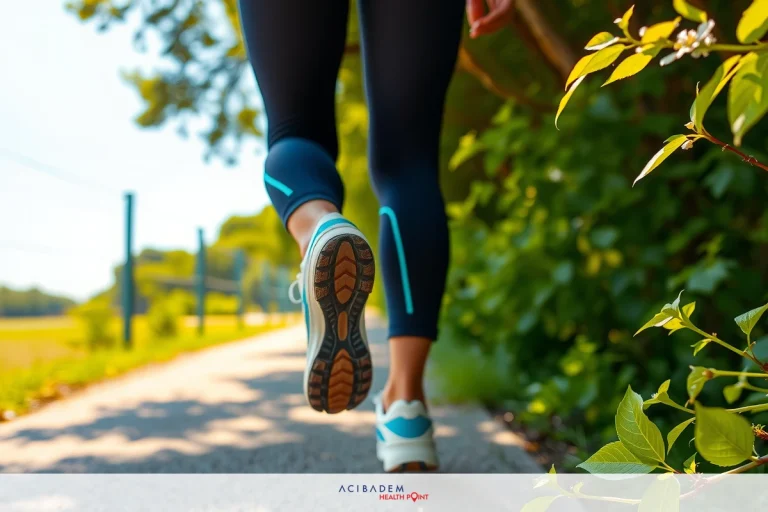When Can I Run After Rhinoplasty
When Can I Run After Rhinoplasty The journey of recovering from rhinoplasty, colloquially known as a ‘nose job’, often brings with it an array of questions concerning physical activities. One common question that patients have is, “When can I run after rhinoplasty?” The answer relies heavily on individual healing speed, the complexity of your surgery, and guidance offered by medical experts.
Resuming running or any form of strenuous exercise post-rhinoplasty requires careful consideration. Your body needs time to heal effectively without complications arising from premature exertion. Consulting with your surgeon before restarting any physical activity helps ensure safety during recovery and offers peace of mind for eager runners. It’s vital to remember each case varies; therefore, general guidelines might not apply universally.
A gradual return to running reduces risks associated with rushing into high-intensity workouts too soon after surgery. By following a phased approach under the supervision of healthcare professionals, you prioritize both your love for running and the successful outcome from your recent procedure.
Recovery Period
The recovery period after rhinoplasty is an essential phase of the surgical process that requires patients to follow specific guidelines for optimal healing. The ability to run post-surgery depends heavily on this recovery period’s progression, which can vary widely among individuals. Understanding your body’s responses and adhering strictly to the recommended rest periods aids in a smoother transition back into exercise routines.
In general, most rhinoplasty patients may expect initial swelling and bruising that subsides within one or two weeks following surgery. However, full healing takes longer; it could take up to a year for all subtle changes resulting from internal tissue remodelling to stabilize fully. During this time, resuming running prematurely might exacerbate swelling or potentially compromise the results of your surgery.
To manage expectations around returning to exercise such as running after rhinoplasty, consider several factors: the extent of surgical intervention involved in each case influences recovery timelines; individual health status plays a significant role too; moreover, everyone’s physical response varies when reintroducing strenuous activities like running during their recovery period.
Although eager runners might feel tempted to lace up their shoes at the earliest signs of feeling better physically, caution must be exercised here. It is not advisable just merely because you feel capable doesn’t mean your nose has healed sufficiently yet for high-impact activities like running. Following guidelines set by medical professionals ensures you’re allowing adequate time for healing before resuming exercises.
Each patient’s path towards complete healing post-rhinoplasty differs significantly depending on numerous variables including age, overall health status and lifestyle habits like smoking – these all influence how quickly one recovers from any form of surgery including rhinoplasties.
Remaining mindful about potential complications resulting from rushing back into intense workouts helps protect against jeopardizing successful surgical outcomes achieved so far. Rhinoplasty patients are encouraged strongly by healthcare providers worldwide always prioritise their long-term wellbeing over short-term gains, ensuring their recovery period is respected fully before picking up the pace again.
Gradual Return to Running
The path back to running after rhinoplasty is not a sprint but more akin to a gentle jog. Embracing a gradual approach ensures your body’s healing process remains undisturbed while you reintegrate physical activity into your routine. This strategy, endorsed by medical professionals worldwide, safeguards against potential

complications and helps maintain the surgical outcome achieved.
Emphasizing caution over haste in resuming running post-rhinoplasty becomes crucial due to the delicate nature of this surgery. Even though you might feel ready for an intense workout, remember that underestimating the strain high-impact exercises can put on your still-healing nose could lead to unnecessary setbacks in recovery or even compromise surgical results.
A phased approach towards returning to running post-rhinoplasty involves starting with light walking before gradually transitioning into brisk walks followed by slow jogging eventually leading up towards full-fledged runs. Following such an incremental strategy allows patients time enough for identifying any discomfort or changes indicating they might be pushing themselves too hard too soon which then can be addressed promptly avoiding further problems down the line.
It’s also essential during this phase of slowly increasing exercise intensity levels that runners remain mindful about their bodies’ feedback signals constantly – whether it’s unusual fatigue felt, persistent swelling noticed around nasal area or pain experienced anywhere especially within facial region; all these are signs indicating need for slowing
down pace immediately and consulting surgeon again without delay.
Making sure you’re adequately hydrated at all times forms another key component within guidelines provided for those planning return back onto tracks following rhinoplasties – since dehydration affects overall health negatively including prolonging healing period required post surgeries like these.
By adopting a patient attitude coupled with disciplined adherence towards professional advice received about how best manage transition from restful recovery stage right through till achieving regular run schedules once again; ensures successful negotiation of both challenges faced – preserving good health status while maintaining active lifestyle enjoyed pre-surgery.
Frequently Asked Questions
What is the average timeline for returning to running after rhinoplasty?
The timeline varies greatly among individuals based on several factors such as the complexity of surgery, individual healing speed, and overall health. Generally, light walking may be resumed a few weeks post-surgery with gradual increases in physical activity over time. However, it's crucial always to consult your surgeon before restarting any strenuous exercises including running.
Are there specific signs I should look out for that might indicate I am pushing myself too hard during my return to running?
Yes. Unusual fatigue, persistent swelling around the nasal area or experiencing pain especially within facial regions are all signals indicating potential strain due to premature or excessive exertion following rhinoplasty surgery. If you notice any of these symptoms, it's best immediately halting exercise and consulting your surgeon promptly.
Can hydration impact my recovery from rhinoplasty when reintegrating running into my routine?
Absolutely! Staying hydrated forms a key component within guidelines provided for those planning their transition back onto tracks following surgeries like these – since dehydration affects overall health negatively including prolonging healing period required post surgeries.
Each patient’s journey towards complete recovery post-rhinoplasty differs significantly depending on numerous variables; so what works well for one person might not necessarily apply universally across board. Therefore remaining mindful about listening carefully towards what our bodies tell us at every stage along this path proves vital ensuring successful outcomes achieved eventually.











